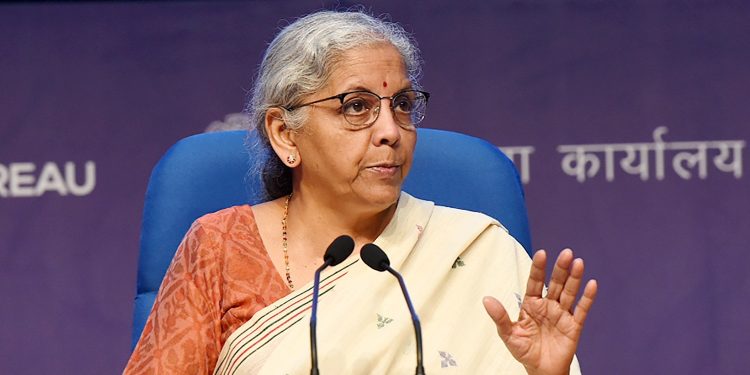The suspension of IRS officer B. Balamurugan by the Indian government has sparked widespread discussion and debate across the country. Balamurugan’s suspension came after he openly criticized Finance Minister Nirmala Sitharaman for her alleged role in politicizing the Enforcement Directorate (ED), a federal agency responsible for investigating financial crimes. The controversy erupted when the ED issued summons to two Dalit farmers in Tamil Nadu, sparking concerns over the agency’s impartiality and its handling of cases involving marginalized communities.
Balamurugan, who holds the rank of deputy commissioner of Goods and Service Tax (GST) in Chennai, raised serious allegations against Sitharaman in a letter addressed to President Murmu. In his letter, Balamurugan accused Sitharaman of leveraging the ED to advance the political agenda of the Bharatiya Janata Party (BJP), thereby compromising the agency’s integrity and impartiality. He highlighted the case of the two Dalit farmers who were summoned by the ED, alleging that the agency had become a tool for targeting political opponents and suppressing dissent.
The summons issued to the Dalit farmers, aged 72 and 67, stirred widespread outrage after their caste identity was mentioned in the official documents. This prompted concerns about the discriminatory practices within government agencies and raised questions about the ED’s adherence to constitutional principles of equality and justice. Despite assurances from ED officials that the case against the farmers had been closed, the controversy continued to escalate, leading to heightened scrutiny of the agency’s operations and its handling of sensitive cases.
Balamurugan’s suspension has drawn condemnation from various quarters, with many viewing it as an attempt to silence dissent and stifle accountability within government institutions. Critics argue that the suspension reflects a broader trend of targeting whistleblowers and independent voices that seek to hold those in power accountable for their actions. The incident has reignited discussions about the need for transparency, accountability, and institutional reforms to prevent the misuse of government agencies for political purposes.
In the wake of Balamurugan’s suspension, there have been calls for a thorough investigation into the allegations raised against Sitharaman and the ED. Civil society organizations, human rights activists, and opposition leaders have called for greater transparency in government operations and stricter oversight of law enforcement agencies to prevent the abuse of power. The incident serves as a reminder of the importance of upholding democratic principles, protecting freedom of expression, and ensuring that government institutions remain accountable to the people they serve.











